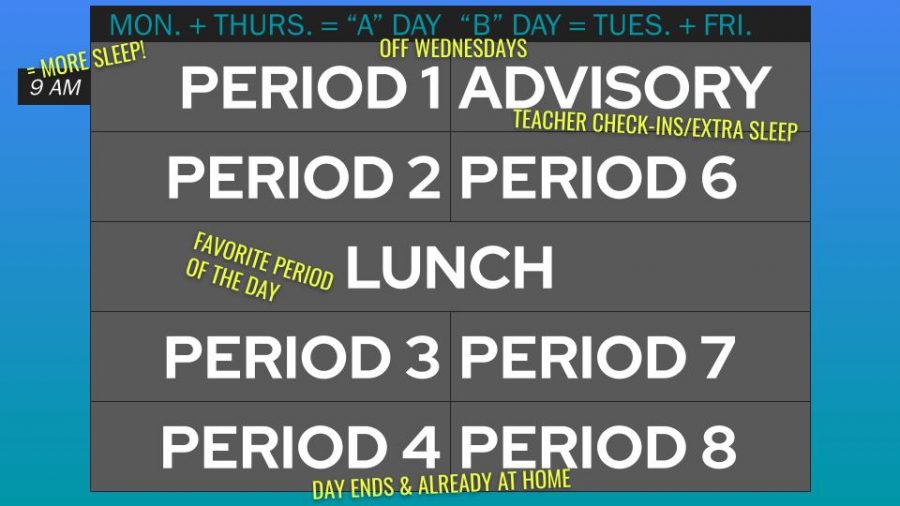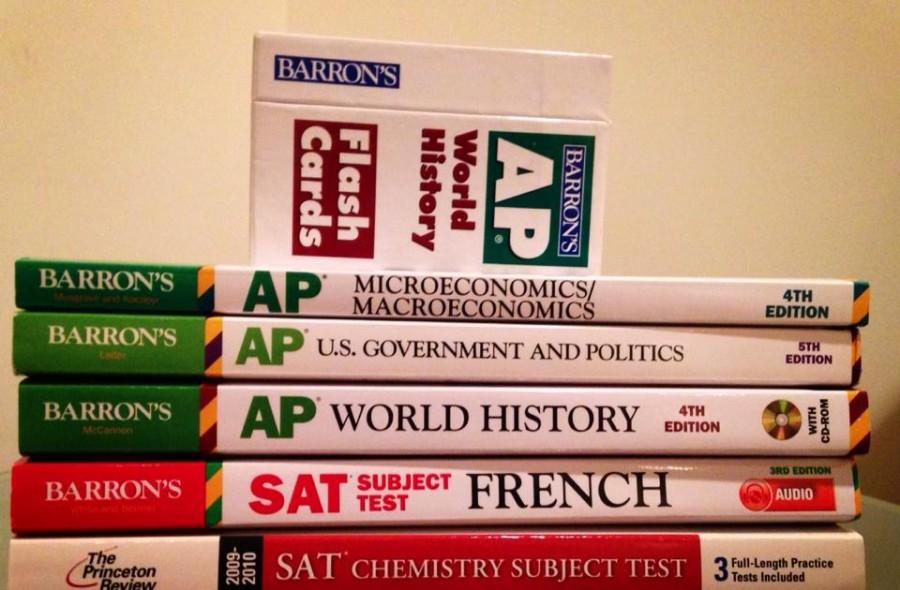Every year come March, every student who is enrolled in an AP class is expected to write an $89 check for each course and register to take the AP exam in May. While AP tests present a great opportunity for students to earn college credit, whether or not a student takes the test in May should be a choice, not a requirement.
In order for students to be exempt from the AP exam, they must fill out a form explaining why they are not taking the test and get parent signatures. Then, the teacher must provide his or her own senior exam to give in place of the AP exam.
This arduous process often leaves students feeling as if they have no choice but to take the exam. It is absurd to make teachers provide an extra exam for just a few students.
While a good score on an AP test can give students college credit for much less money than it costs to take a college course, students should not be bullied into taking it.
By the time students register for AP exams, many seniors already know where they are going to college and whether their college accepts different APs. If a student’s college does not accept an AP for credit, there is no reason that he or she should waste money to take the final exam.
Some colleges, such as non-business school students at Georgetown University, will only accept one AP English credit, and they will take the higher score. If a student earns a five on the AP Language exam as a junior, there is no way that he or she can earn credit for AP Literature as a senior.
According to Principal Joan Benz, even if students’ colleges do not accept the AP credit, they should still take the exam to prove that they learned the material. However, if a student did well throughout the year and can do well on a teacher’s exam, that should be plenty to prove that they have learned the information.
One thing that CHS prides itself on is its high ranking. A factor of this ranking is how many students sit for the AP. U.S. News and World Report, which has CHS ranked as the number one school in MD, judges schools based on a calculated college readiness index. One factor of this is “the school’s AP or IB participation rate.”
However, the ranking system also takes into account the performance of the AP test takers. If students who are ill-prepared or unmotivated to take the test end up taking it, it could negatively affect CHS’ ranking.
When deciding what AP classes to take, students usually do not make their decision based on what they can earn the most college credit for. Instead, they chose AP courses in the areas that they would like to be challenged.
Students take AP classes to learn, and at the end of the day, while they can prove what they have learned on an AP, the test itself will not help them learn. Students should have more of a choice when deciding what AP tests to make, in order to benefit everyone.













